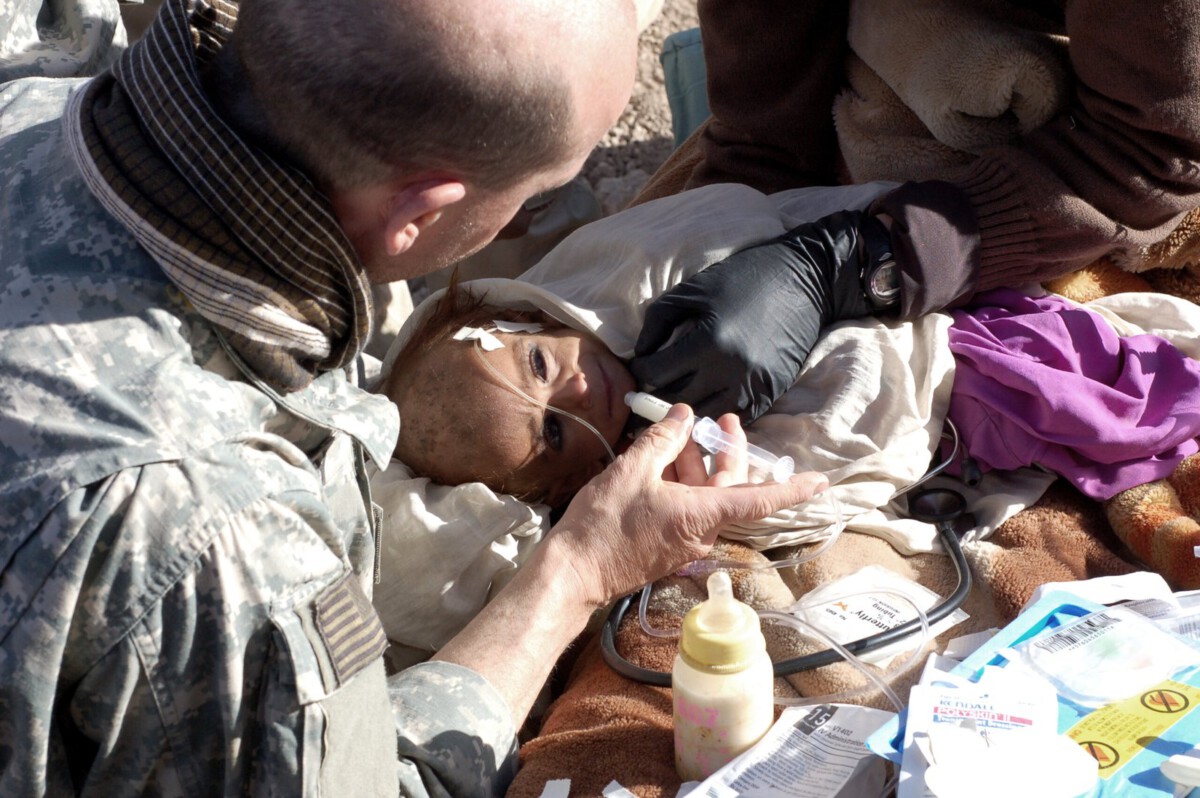Venezuela: A Health Crisis Unfolding

Venezuela stands out as a country facing one of the most severe health crises in the world today. The nation’s medical infrastructure is crumbling, with hospitals lacking basic supplies like antibiotics, vaccines, and even clean water. According to the Pan American Health Organization, Venezuela experienced a staggering 60% surge in malaria cases in the past years, a disease that was previously well-controlled. Diphtheria, another illness thought to be eradicated, has made a worrisome comeback, highlighting the collapse of public health systems. Medicine shortages force many Venezuelans to seek urgent care across borders, and travelers often find themselves unable to access even the simplest treatments. The situation is made worse by widespread food insecurity, leaving many at risk for malnutrition and related diseases. Public safety is also a concern, as political instability can make it difficult for foreigners to receive timely help in emergencies. Health authorities like the World Health Organization and the Pan American Health Organization have issued strong warnings for anyone considering travel to Venezuela.
Democratic Republic of the Congo: Epicenter of Epidemics

The Democratic Republic of the Congo (DRC) remains a hotspot for deadly epidemics and health emergencies. The country has repeatedly battled Ebola outbreaks, with the most recent wave hitting in 2023, according to the World Health Organization. Malaria, cholera, and measles are also widespread, making infectious disease a constant threat to residents and visitors alike. Healthcare access is extremely limited, especially in rural areas where clinics are often under-resourced and understaffed. Infrastructure challenges mean that even if travelers fall ill, reaching medical help can be nearly impossible. The Centers for Disease Control and Prevention stress the importance of being fully vaccinated and taking preventive medication before any trip to the DRC. Political unrest adds another layer of risk, as violence can disrupt health services and make travel dangerous. The combination of these factors makes the DRC one of the riskiest destinations for health travel in 2025.
Afghanistan: Health Dangers Amid Instability

Afghanistan faces significant health risks due to ongoing conflict and the breakdown of essential services. UNICEF reports that Afghanistan has some of the highest rates of child malnutrition and maternal mortality worldwide. Preventable diseases such as tuberculosis, polio, and measles are still common, as vaccination campaigns struggle to reach all areas because of instability. Access to healthcare is severely limited, with many hospitals lacking trained staff and essential medicines. The World Health Organization highlights persistent outbreaks and a fragile health system unable to respond to emergencies effectively. Security issues further complicate the situation, as it can be dangerous to travel between cities or seek help in crisis zones. Travelers to Afghanistan are urged to take extensive precautions, including all recommended vaccines and preventive medications. Health care for visitors is unreliable, and the risk of encountering a medical emergency without adequate support is high.
Japan: Leading the Way in Health Security

Japan consistently ranks among the safest countries for health-focused travelers, with a healthcare system that is both efficient and technologically advanced. The country boasts one of the world’s highest life expectancies, thanks to a culture of healthy living and rigorous public health standards. Japan’s universal healthcare system ensures that residents and visitors alike have access to excellent medical care, with hospitals equipped to handle emergencies and routine needs. Infectious diseases are rare due to strict vaccination protocols and regular health screenings. The Japan National Tourism Organization highlights the country’s clean environment and low rates of foodborne and waterborne illnesses. Travelers find it easy to access pharmacies, clinics, and hospitals, many of which offer English-language services. Public safety and low crime rates further ease concerns about seeking help in unfamiliar situations. For anyone considering health-related travel, Japan offers peace of mind and world-class care.
Switzerland: A Global Benchmark for Healthcare

Switzerland is celebrated for its outstanding healthcare standards and commitment to patient well-being. The country’s hospitals and clinics are equipped with state-of-the-art technology, making them a top choice for medical tourists and travelers seeking reassurance. According to the Swiss Federal Office of Public Health, Switzerland enjoys low rates of infectious disease and high immunization coverage. Residents and visitors benefit from efficient emergency response systems and a focus on preventive care, ensuring early detection and treatment of illnesses. The nation’s political stability and low crime rates contribute to an overall sense of security for travelers. Health education is prioritized, and public health campaigns keep the population informed about risks and best practices. International travelers report high satisfaction with the quality of medical services, underscoring Switzerland’s reputation as a safe healthcare destination. Switzerland’s natural beauty and clean environment also support general well-being.
Canada: Comprehensive and Accessible Care

Canada is known for its accessible healthcare system, which is open to both residents and visitors in emergencies. The Government of Canada has invested heavily in modernizing hospitals and increasing the availability of specialized treatments, making the country a reassuring choice for health-conscious travelers. Immunization programs are robust, and the incidence of preventable diseases remains low. Canadian hospitals are staffed by highly trained professionals, and major cities offer multilingual services for international visitors. The country’s low crime rate and welcoming culture make it easy for foreigners to seek help without fear or hesitation. Public health initiatives focus on education and prevention, reducing the likelihood of outbreaks or health scares. Canada’s vast and clean natural environment offers additional health benefits, such as fresh air and access to outdoor activities. Overall, travelers can expect high standards of safety and care wherever they go in Canada.
Australia: Excellence in Public Health and Safety

Australia stands out as a safe destination for health travel, backed by a strong healthcare infrastructure and effective public health campaigns. The Australian Government Department of Health reports low rates of communicable diseases due to high vaccination coverage and proactive monitoring. Hospitals in Australia are well-equipped and staffed by skilled medical professionals, providing reliable care for both routine and emergency situations. Preventive healthcare is deeply ingrained in the culture, with regular checkups and screenings encouraged for everyone. Political stability and low crime levels add another layer of comfort for travelers. Australia’s clean cities and pristine natural landscapes also contribute to the well-being of visitors. Health education is widely accessible, helping both locals and tourists stay informed about risks and best practices. Travelers consistently report positive experiences when seeking medical care in Australia.
Singapore: A Pioneer in Health Security

Singapore is internationally recognized for its advanced healthcare system and strict public health protocols. In 2025, policies implemented by the Ministry of Health continue to keep infectious diseases well-controlled, making the city-state one of the safest travel destinations. Hospitals and clinics are equipped with the latest technology, and health professionals are trained to handle a wide range of medical issues. Preventive care is a cornerstone of the system, with widespread health education campaigns and regular screenings for common illnesses. Singapore’s political stability and exceptionally low crime rate offer travelers peace of mind when accessing healthcare. Cleanliness is taken seriously, with strict regulations for food safety and sanitation across the country. The combination of world-class facilities and a culture of health consciousness makes Singapore a top pick for safe health travel. Travelers can confidently enjoy the vibrant city while knowing they are protected by excellent health infrastructure.







